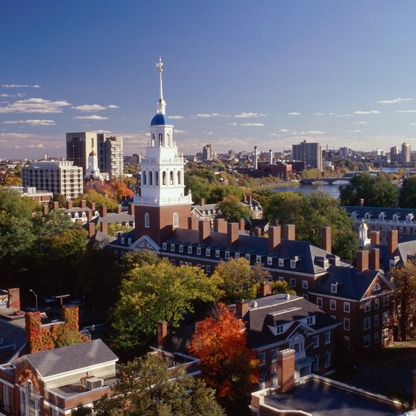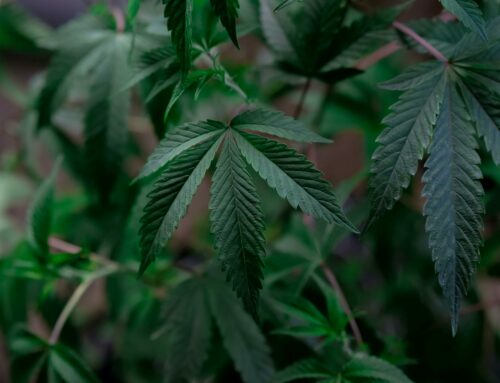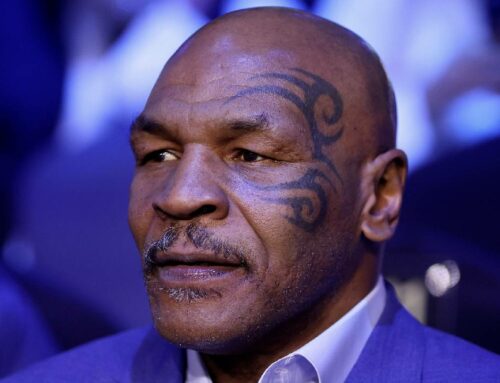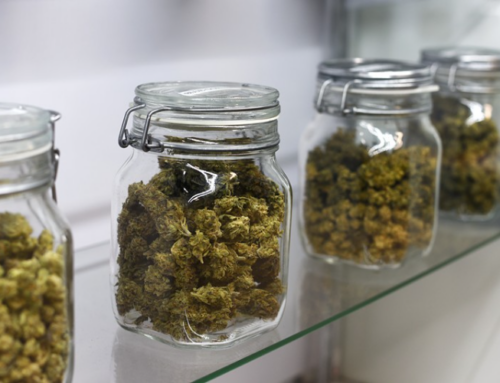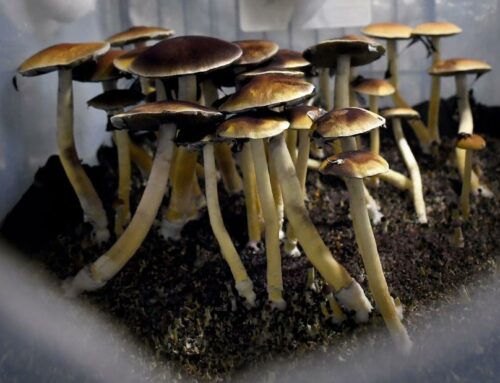War On Drugs Ends For Residents Of Cambridge Massachusetts
CAMBRIDGE – Cambridge’s City Council agreed 8-1 last month with an order written by councillor Jivan Sobrinho-Wheeler that the city make arresting adults with controlled substances “amongst the lowest law enforcement priority” and that the city must stop related prosecutions. The City specified that no money or resources should go into such law enforcement efforts. Instead, the order calls for use and possession to be looked at in the context of public health. The order, being implemented this month, states:
”That the City Manager be and is hereby requested to direct city staff to work with the City’s state and federal partners in support of decriminalizing all Entheogenic Plants and plant-based compounds that are listed on the Federal Controlled Substances Schedule 1, Classes A-E of Chapter 94C § 31 of Massachusetts law and Schedules I-V of 21 U.S.C. § 812 of the Controlled Substances Act.”
|
Councillor Sobrinho-Wheeler remarked in a press release that: ”plants have been used for hundreds of years for spiritual purposes, and an increasing body of research shows they can help treat conditions such as PTSD, depression and addictions.”
The law is also written specifically mentioning cannabis too. The city cited the fact that many cities and states before them recognized that criminalizing users of cannabis is neither just, nor legal. Drug policy in the United States, they went on to say, leads to abuses of people of color and abuses people of limited financial means.
“The city, of course, can’t legalize any drugs on our own – that’s up to the state and the federal government. But the city can deprioritize enforcement. The Department of Justice has made very clear that municipalities have this power,” Sobrinho-Wheeler, as reported in Cambridge Day, noted that another city, Somerville, had recently passed a similar measure with the support of its mayor and legal department. “For this resolution, I reached out to [our] city manager, the solicitor and the police commissioner, and none had objections.”
Advocates from the Massachusetts Coalition for Decriminalization helped draft the Cambridge measure and are organizing supporters in other communities. The group also drafted a resolution approved this January in Somerville, Mass., which was first in the State to take similar steps to decriminalize all drugs.
The law’s preamble reads: ”Along with many cities and states across the country, Cambridge has begun in recent years to recognize that criminalizing users of substances such as cannabis is neither a just or effective legal approach. Drug policy in the United States and the so-called “War on Drugs” has historically led to unnecessary penalization, arrest, and incarceration of vulnerable people, particularly people of color and of limited financial means, instead of prioritizing harm-reduction policies that treat drug abuse as an issue of public health.”
Further reporting in Cambridge Day, suggested several people spoke during public comment about the move – all in favor, on both a scientific as well as the financial opportunities of psychedelic medicine.” Read the full text here.
Highly Capitalized, All Rights Reserved, Copyright © 2021. (Image: Cambridge, MA, Unsplash)










